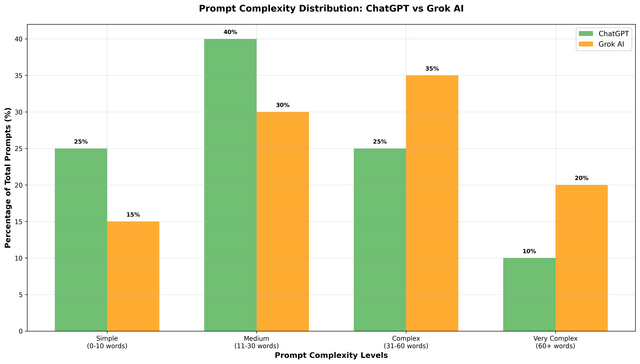
Page Experience
Core Web Vitals
Ensuring your pages deliver a great experience to users on mobile and desktop devices is a critical part of optimising your website. We automate the process of checking your pages and competing pages at scale, so you can identify and resolve any issues impacting your users and your rankings.
Track and Visualise Google's Core Web Vitals
With the Authoritas Page Experience module you can check any page on the web to see how good a page experience it provides to users on mobile or desktop devices.

Compare Core Web Vitals vs Competing Pages
Page Experience is a Google Ranking factor. This is something you can control and can be better at than most of your competitors, with the right approach by your website developers and your technical SEO team.

Download and Share Performance Data and link to full Lighthouse reports
We make it easy for SEO teams to get these important performance metrics into the hands of the technical SEOs and website developers who can remedy the issues identified.

FAQs about Google Page Experience?
What is Google page experience?
Search engines assess the quality of your pages with a set of signals to measure how user friendly a page is and determine the quality of the experience on the page.
These signals include data such as loading performance, mobile friendliness and Core Web Vitals.
You can learn more about how to optimise your page for these changes in chapter 4 of the Technical SEO Guide.
Is Page Experience a ranking factor?
Yes. Google has included page speed as a ranking factor for years, but the Page Experience update goes beyond just page speed.
Google started rolling out its Page Experience algorithm update in June 2021. This update was designed to reward sites that offered users a superior experience with a rankings boost.
This means that your pages need to score well on the three essential elements of Core Web Vitals; Largest Contentful Paint, First Input Delay and Cumulative Layout Shift.
How do I check my Core Web Vitals and Page Experience?
With the Authoritas Page Experience tool you can see your key performance metrics that Google uses to rank your page, including SI (Speed Index), FCP (First Contentful Paint), and LCP (Largest Contentful Page) and many more. Using this data you can make informed decisions about your pages and improve them and their experience.
How does Google measure user experience?
Google uses several different metrics to measure the experience of your web pages.
This data is then used by Google to determine how user friendly your website is; the better your pages perform, the better your pages will rank.
These metrics include measures that gauge the loading performance, responsiveness and visual stability from a user’s perspective.
Google’s “Core Web Vitals” are the 3 metrics that you really need to address first, they are; LCP (Largest Contentful Paint(, FID (First Input Delay) and CLS (Cumulative Layout Shift).
There are also other important metrics besides these three core performance metrics, but you can get to the others later!
You can track these metrics and other page performance KPIs in the Page Experience tool in Authoritas.
How do your pages stack up against the competition?
Send us a list of URLs and we'll automatically compare your Core Web Vitals against your competing sites to see good your website is.
No spam guarantee
Featured Posts from our blog
Expert content from our team and our friends. Read our original SEO research studies, news about our software, algorithm updates, SEO advice and opinion.


